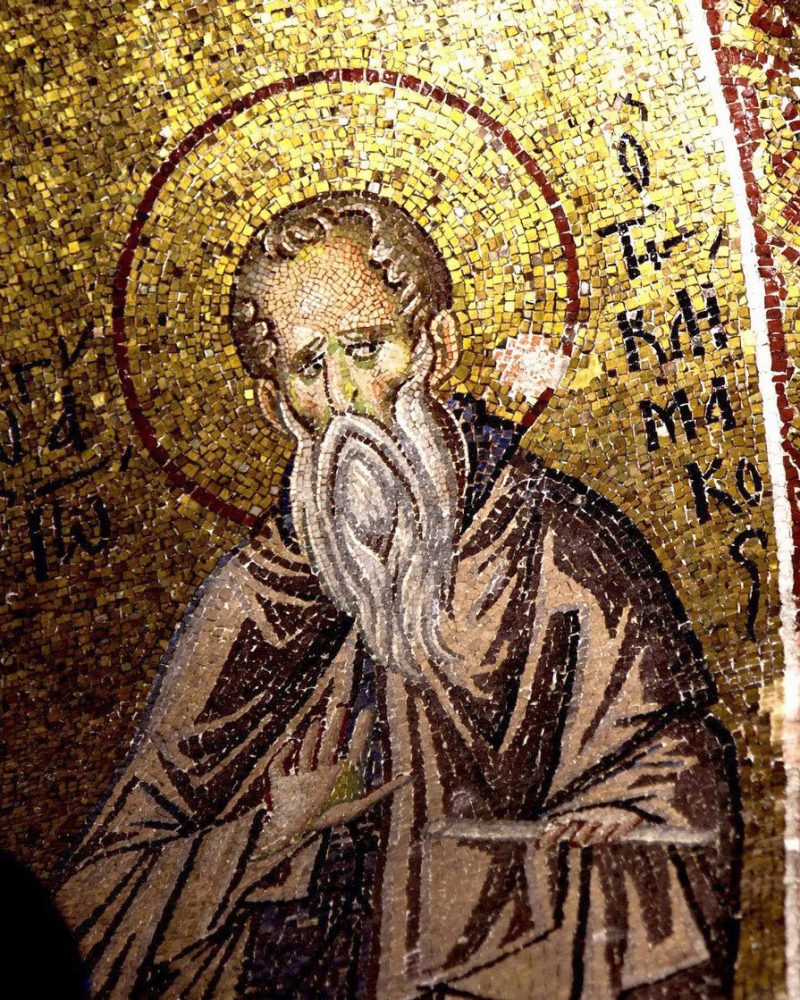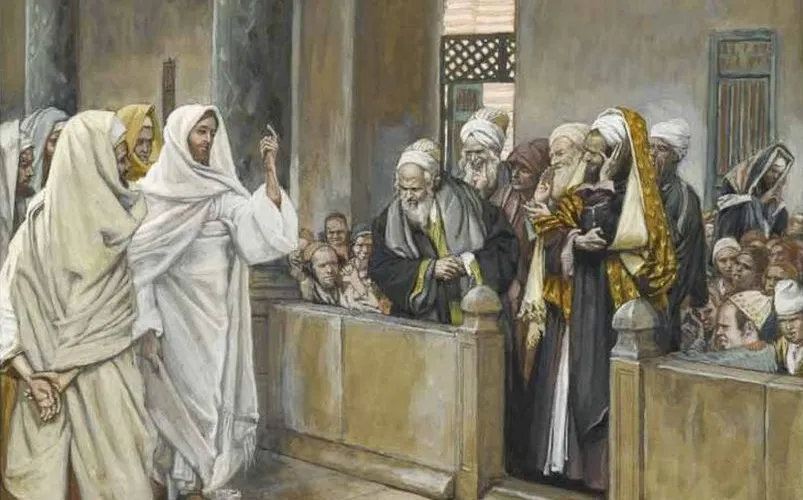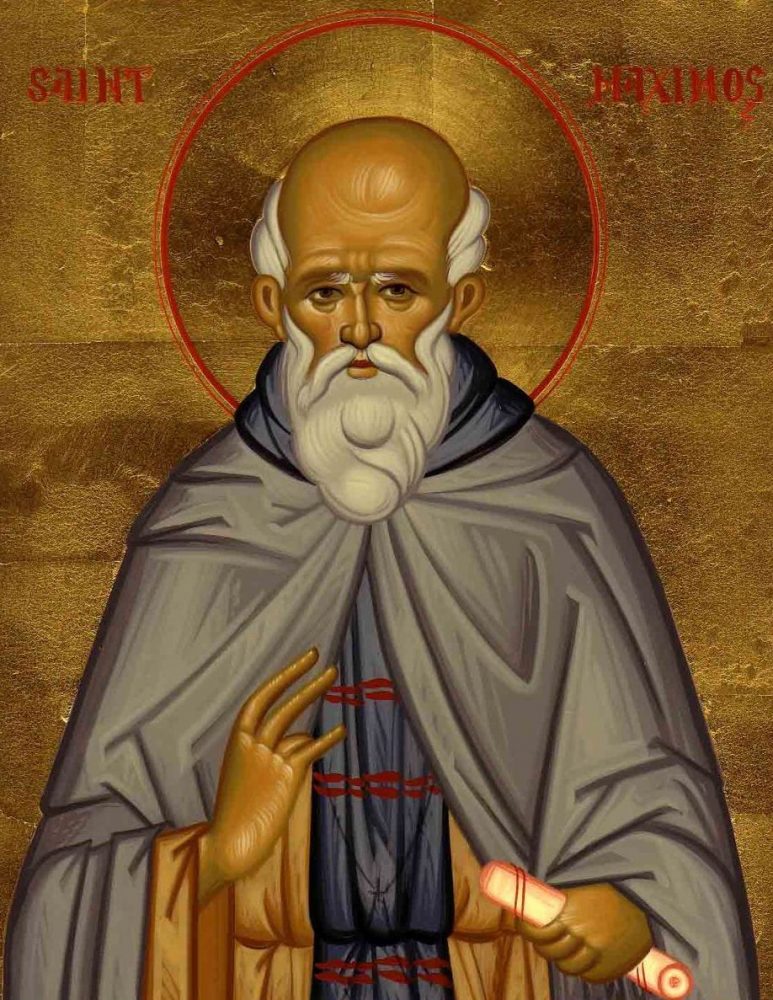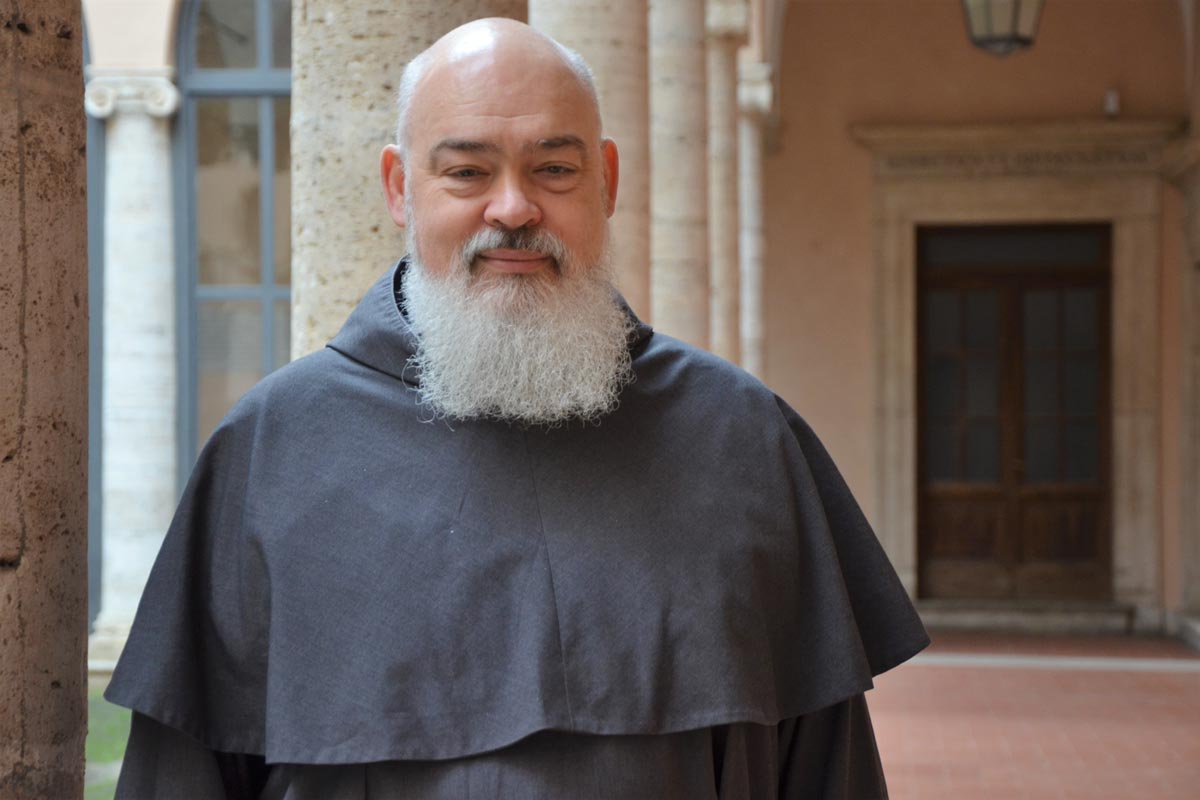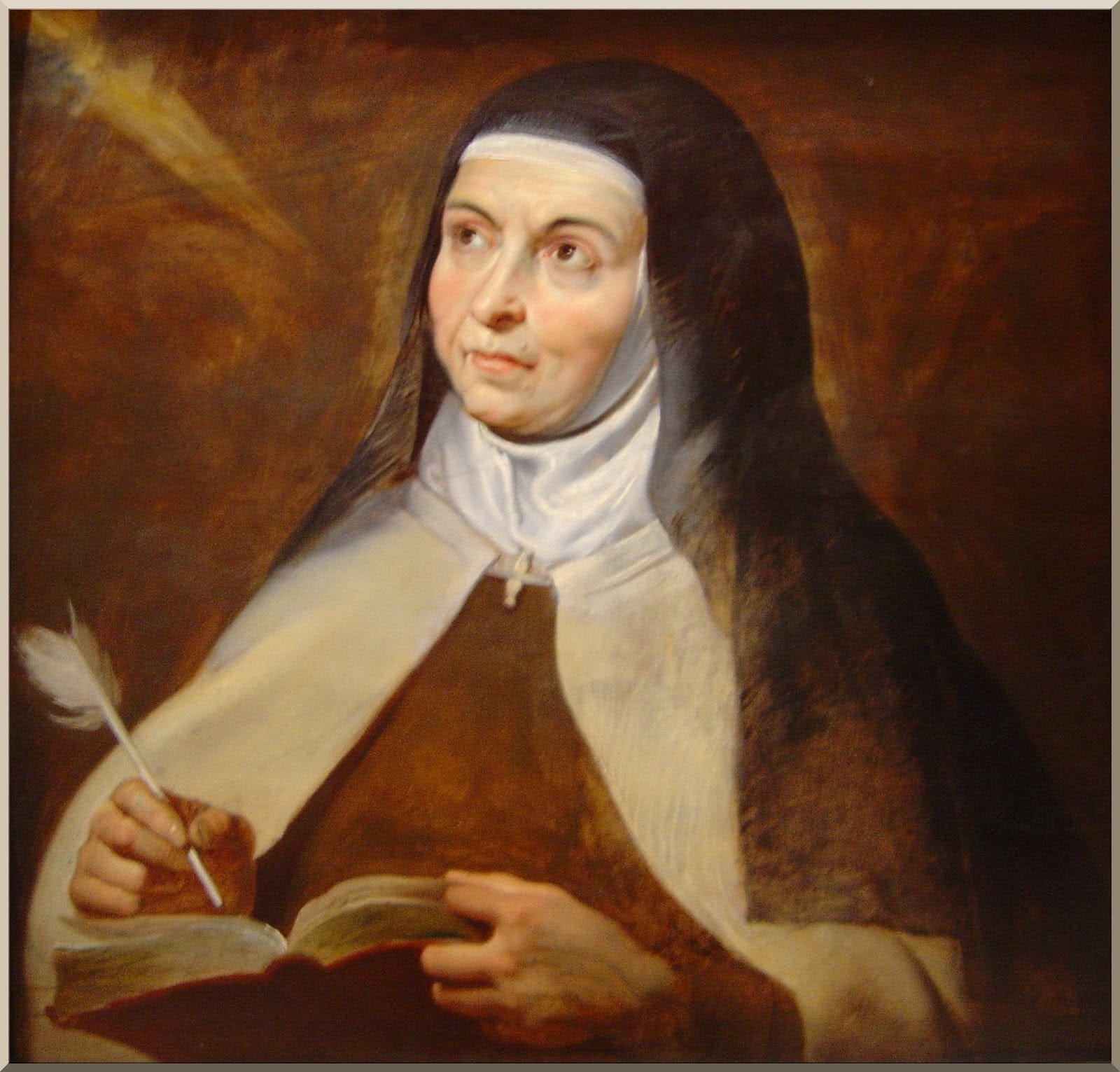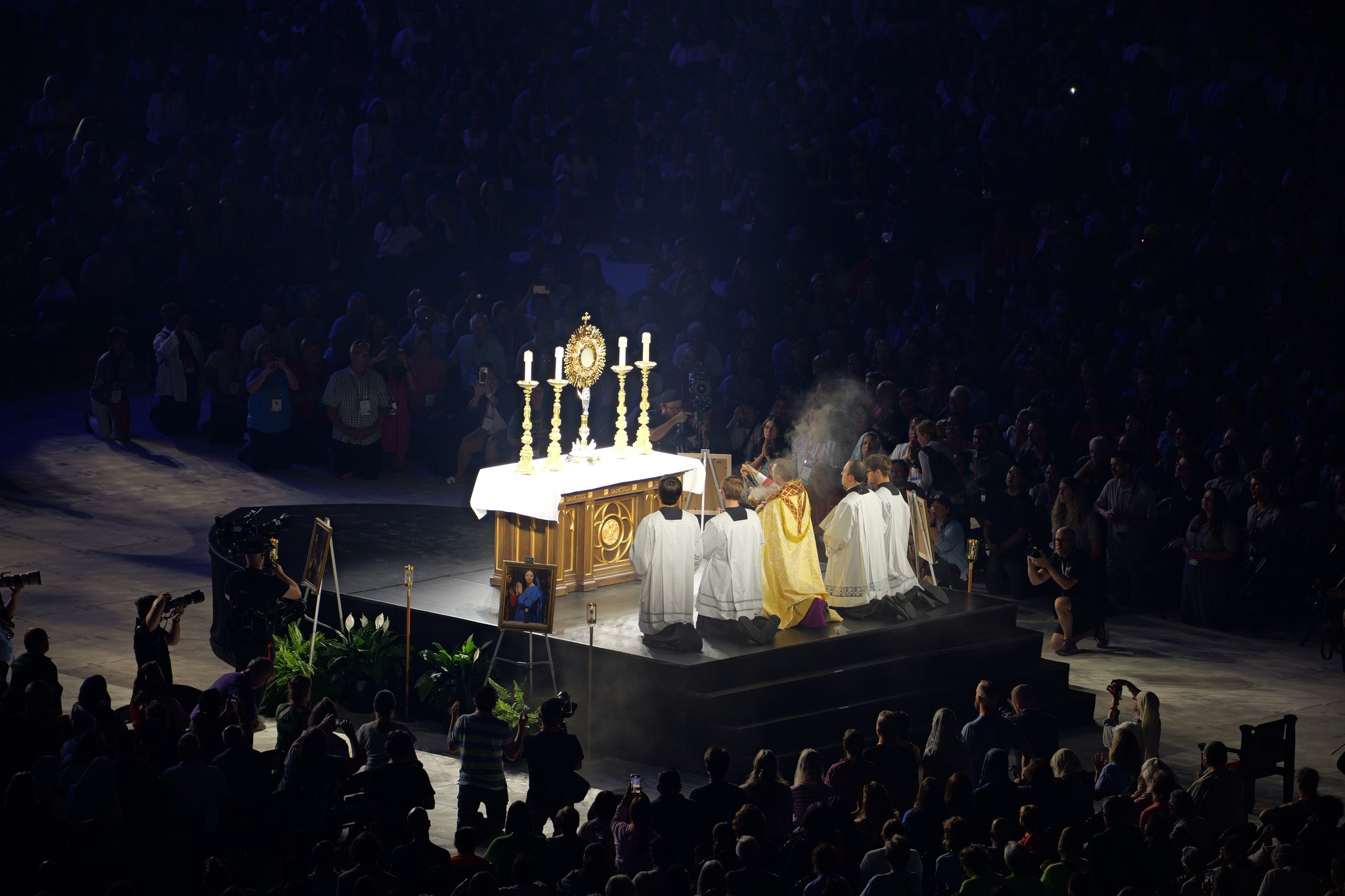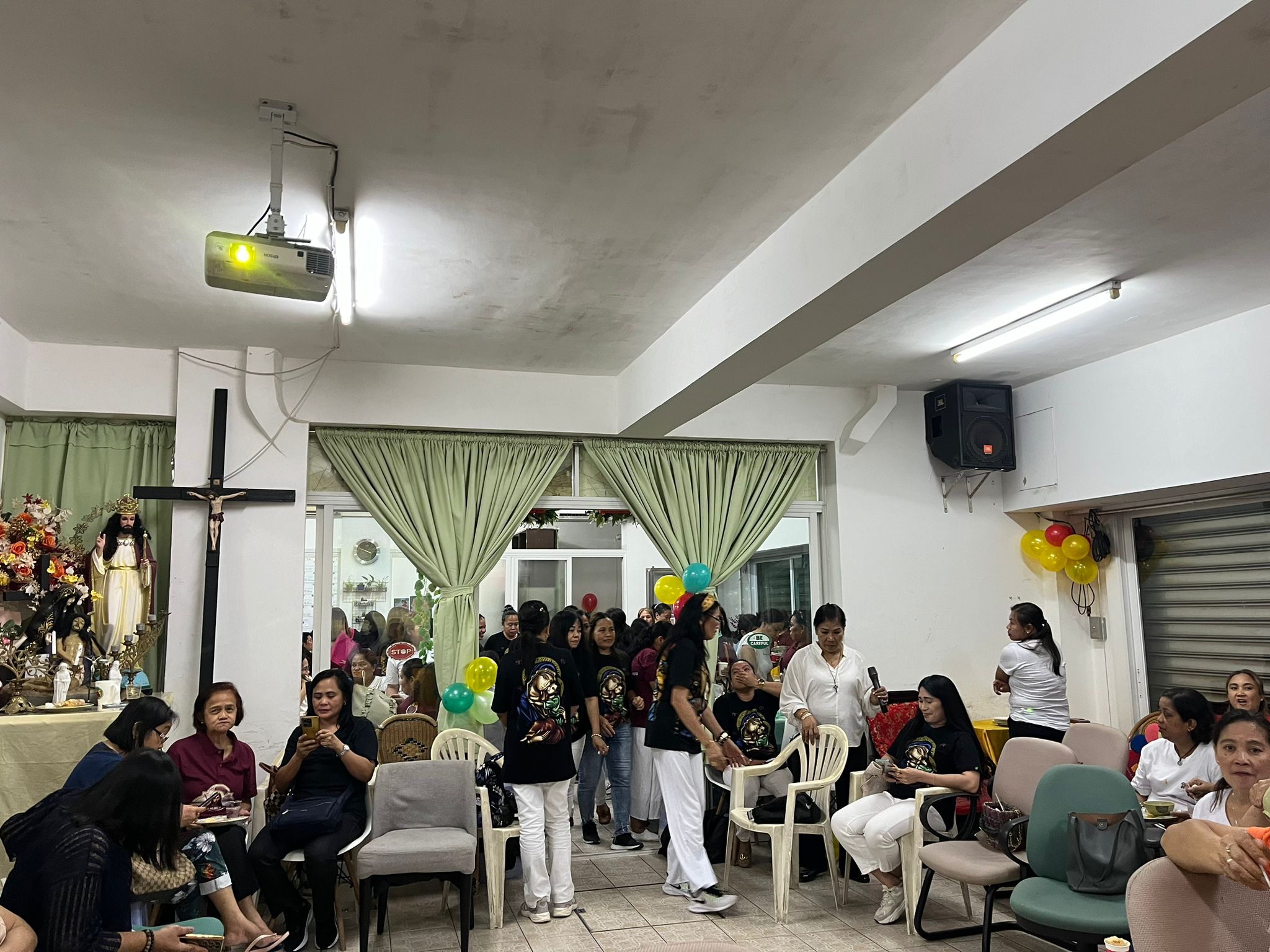The discovery of a 4th-century church in Artaxata by a team of Armenian and German archaeologists coincides with Pope Francis appointing Patriarch Raphaël Bedros XXI Minassian of the Armenian Catholic Church to the Dicastery for the Oriental Churches. This unearthed octagonal structure, likely one of Armenia’s earliest churches, dates back to a period shortly after Armenia embraced Christianity in 301 AD, making it the oldest Christian kingdom.


